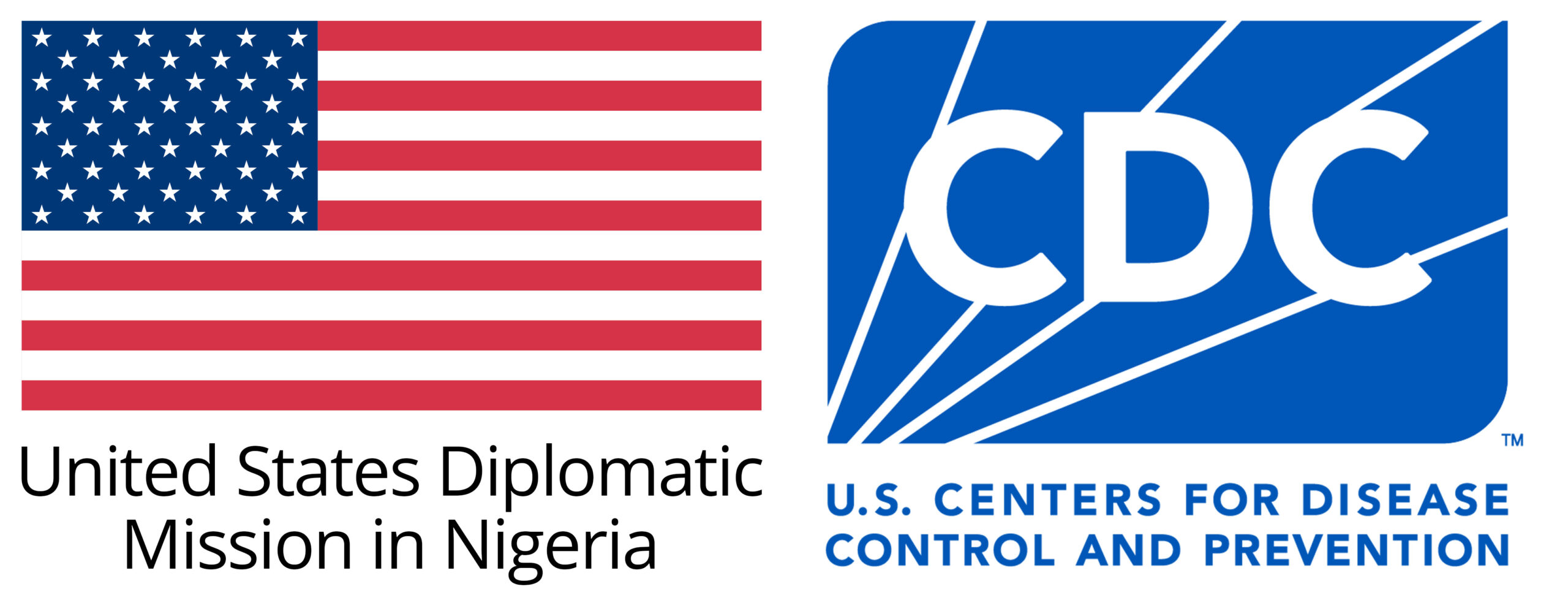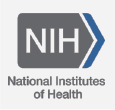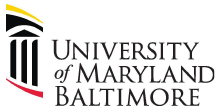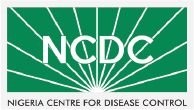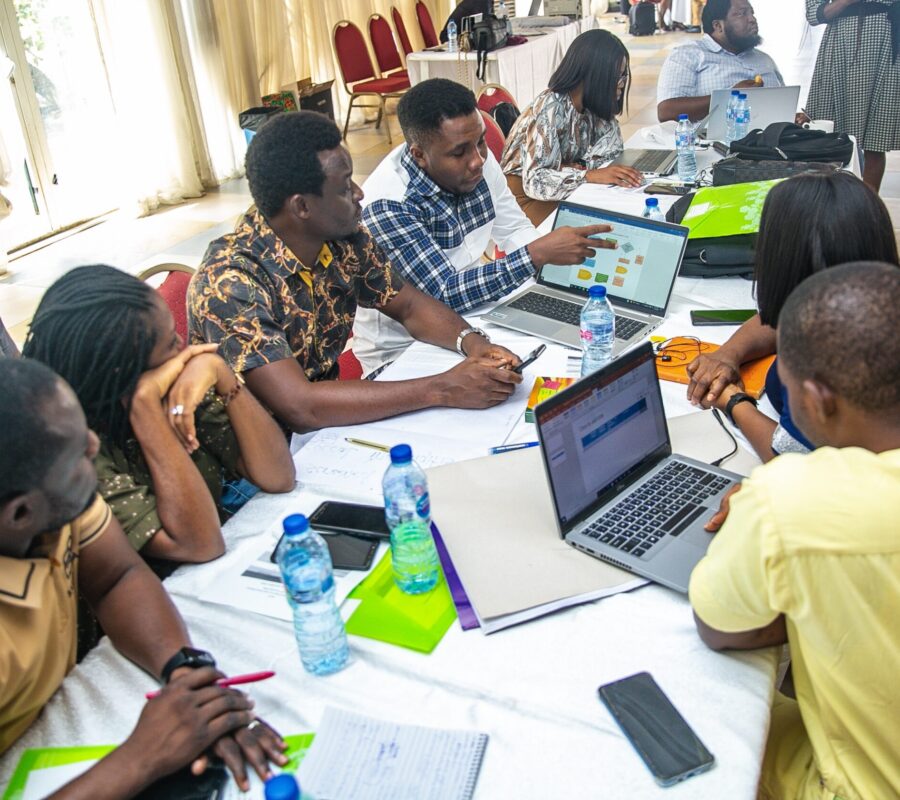
Health Systems Strengthening
With funding support from the United States (US) President’s Emergency Plan for AIDS Relief (PEPFAR), Global Fund (GF), National Institute of Health (NIH), and other research initiatives, IHVN continues to transfer skills and significantly build the capacity of the health workforce. Throughout the last seven years, the L&D coordinators in the States supported by PEPFAR have organized capacity-building sessions for over 690,064 healthcare workers (HCWs), comprising of clinicians, nurses/midwives, pharmacists, laboratory scientists etc. in various fields, such as pediatrics, PMTCT, comprehensive ART, laboratory (clinical services, QA/QC, equipment calibration, CD4 and Viral load assay, etc.), pharmacy and laboratory logistics, CQI, health informatics, M/E, etc. to enhance the prevention, care, and treatment of clients enrolled in our health programs.
As part of our Health Systems Strengthening effort to promote stakeholder ownership of health programs for improved coordination, governance and sustainability, better resource mobilization, and sustainable health interventions, the L&D team continues coordinating the learning sessions in 106 Project ECHO (Extension for Community Healthcare Outcomes) equipped facilities in PEPFAR supported States of Katsina, Nasarawa, Rivers and the FCT.
IHVN, through the L&D team, collaborates with government agencies on matters relevant to Nigeria’s Human Resources for Health policy, strategy, and implementation modalities; we develop and disseminate guidelines, Standard Operating Procedures (SOP), country operational plans, rapid program advice, and the National HIV strategic framework to guide the sustainability plan towards ownership.
The L&D team also oversees the IHVN-EVOLVE online training platform; this is an online platform that allows the staff to learn and develop their skills while on the job.
Library and Documentation
The library is a specialty division of L&D that offers staff members assistance and direction on matters pertaining to their jobs as well as research, open resources, and other information services. The library staff arranges, shelves, and provides users with easy access to books, journals, abstracts, study materials, research reports, training materials, presentations, theses, and training guidelines. For IHVN Staff, the library provides easy access to resources and services along with a cozy reading space for research and study.
Unit contact email: [email protected]
Training Resources
- Overview of Biosafety and Biosafety levels
- Laboratory Biosecurity
- Risk Assessment Process
- Personal Protective Equipment
- Emergency Response Incidence Response Programmes
- Chemical Management and Selection of Disinfectants
- Spill Management
- Waste Management Programmes
- Occupational Health for laboratory programs
- Introduction to Packaging Transport Terminologies

